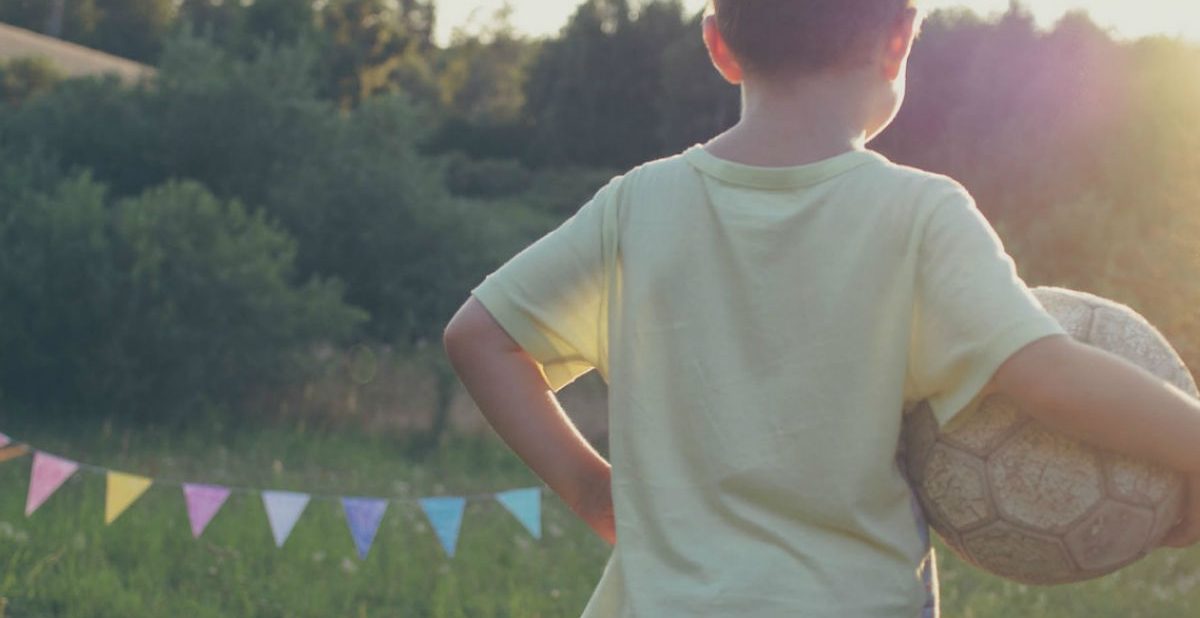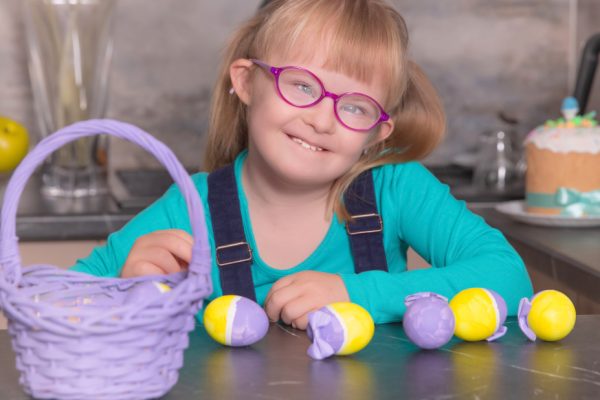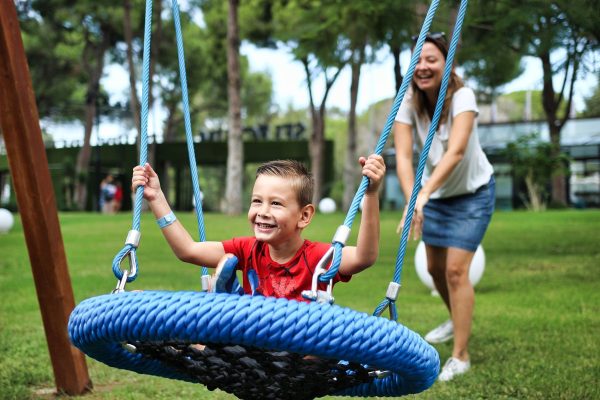
How to help your child transition between activities
By Ariella Lew, Bsc (Paediatric Nursing)
Transitions are a part of life. In the course of any given day we are required to change our focus between people, activities and emotions on a regular basis.
Some of these transitions are planned and others are not. And yet, even as adults, we often struggle when we are asked to change our schedules in order to fit in something unexpected.
Some people will cope well with these spontaneous demands and others can be thrown into complete panic mode. For children with additional needs, the premise is the same but magnified.
Many parents know all too well the need to tread on eggshells in order to avoid a meltdown when asking their child to put down the iPad and join you at dinner or the repeated tears and questions that follow if suddenly there is a substitute teacher at school.
Whilst there are many reasons why children with additional needs struggle with these supposedly ‘simple’ daily tasks, some of the reasons are not too different for any person who struggles.
The first is that being able to absorb a change in activity when unprepared requires multi tasking. To do this the brain has to finish what it is doing, think through how to do the next thing and then actually begin doing it!
Multi- tasking is something that some of us do really well and others do not. This applies to all children whether they have a disability or not.
Another reason for the struggle is that many children with special needs process things more slowly. Therefore, they are still thinking through their current or even previous activity whilst you are asking them to move on. This can feel very confusing and overwhelming and may cause significant meltdowns! Contributing to this feeling is that they are not “finished” with the task they were doing. We can all relate to trying to just get something done ( even finishing reading or watching something) and being interrupted!
Most of us do not respond too kindly.
The good news however is there are many strategies that can be put into place to help children to better cope with transitions in any situation.
These would be my top 5 tips:
1) HAVE PREDICTABLE SCHEDULES: Wherever possible, have predictable schedules within your child’s routine. If they know what is coming, they will feel less anxious. By making this routine visual or by constructing it as a checklist, children are able to take ownership of the schedule and are more likely to be willing to move on to the next thing.
2) USE TIMERS: Timers ( of any sort) are fantastic for transitions as they are a visual and auditory reminder of how long a child has for any given activity. However, timers will not work well if you only focus on them at the end of the time set. Children need to be involved in setting the time allocated and understand what activity is coming when the time is up! This way there are no surprises and there is no new information when 2 minutes before the end of an activity you tell them what is next. This will interrupt their train of thought and they will be less likely to cooperate when you ask them to.
3) TRANSITION OBJECTS OR ACTIVITIES: During the transition it can be helpful to give your child a job to do or an object to fidget with which can keep them busy as they move from one thing to the next. This will occupy their mind and hopefully help to lessen the anxiety they are feeling.
4) TIME TO FINISH: We all find it difficult to be disturbed in the middle of something, therefore it is important that your child feels they have “ finished” whatever task they are working on. If they are watching something, allow them to finish the episode, if they are drawing something or building lego, allow them to finish that part and show them visually on the schedule when they can come back to it to do the next part!
5) REWARDS AND INCENTIVES: Whenever something is difficult for us, it is more palatable when wrapped up in why we would want to do it! By offering your child an incentive to move on via a reward or a token, they are seeing that you understand that it isn’t easy for them and that you are trying to make it easier. In some cases this helps them to be more willing to do what you have asked! Each of these strategies will work for different children and in different situations and hopefully by working through them and learning what works best for your family, you will begin to alleviate the meltdowns and arguments that so often accompany transition times!


Highly qualified Paediatric Nurse, Ariella Lew established Kids on Track in 2012. From her extensive work in both hospital and community settings in Australia, UK and South Africa, Ariella realised that a bespoke home based support service for families and care givers was lacking. This motivation was the basis for Kids on Track Paediatric Consultancy.
Kids on Track is an international consultancy, consulting to anyone, anywhere who feels they could benefit from structured advice relevant to a particular issue of concern relating to children and/or young adults. Whether in your own home or via phone or skype consultations, our goal is to provide the tools needed to manage any issues that are causing concern. This is achieved by using up to date research combined with a holistic health orientated approach. Kids on Track helps to give those feeling unsupported the tools to navigate and assist in facing hurdles; with strategies that are simple and straightforward to implement.
For further information please visit:
Kids on Track Consultancy
W: www.kidsontrackconsultancy.com
M: Tel: 0429 222 670







